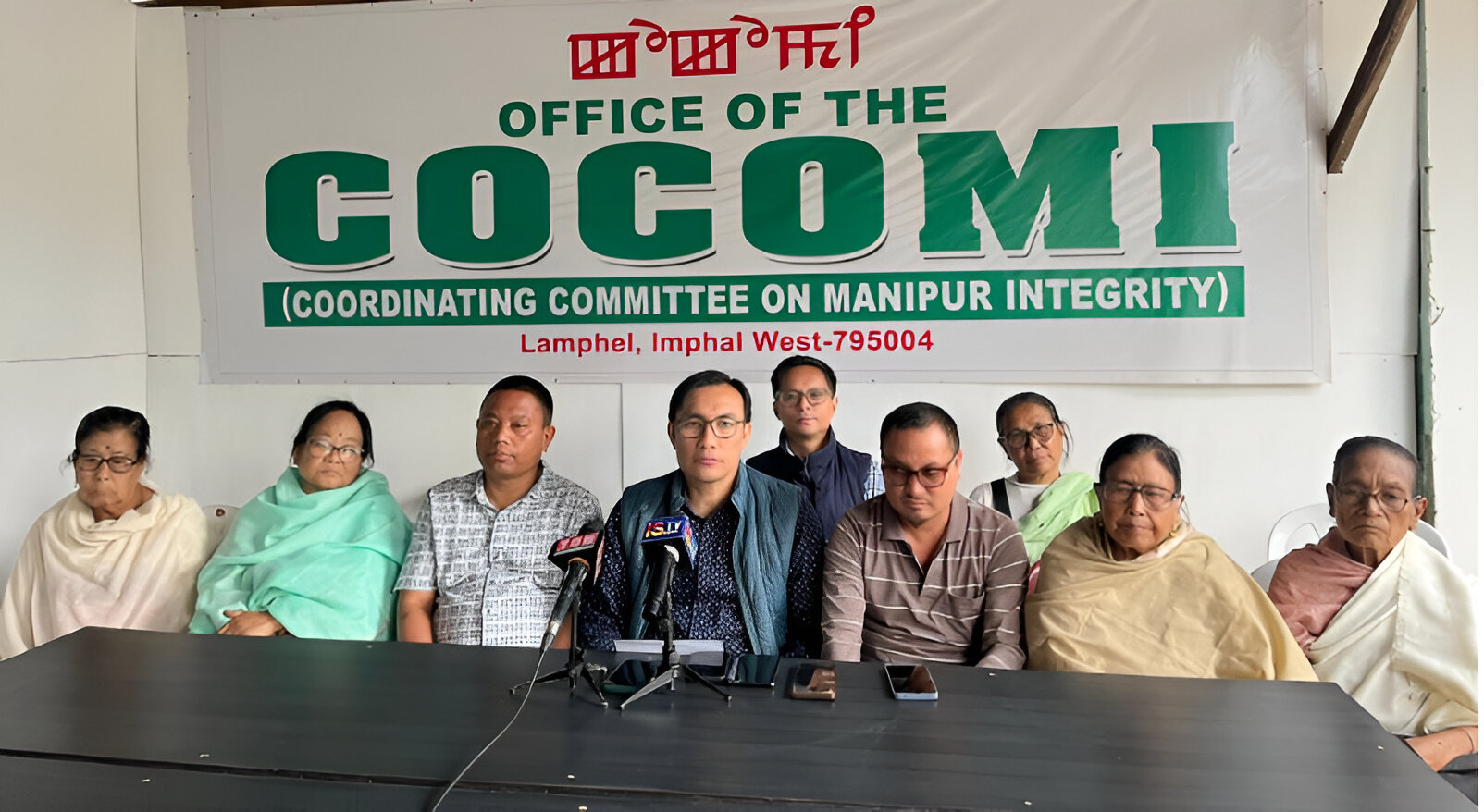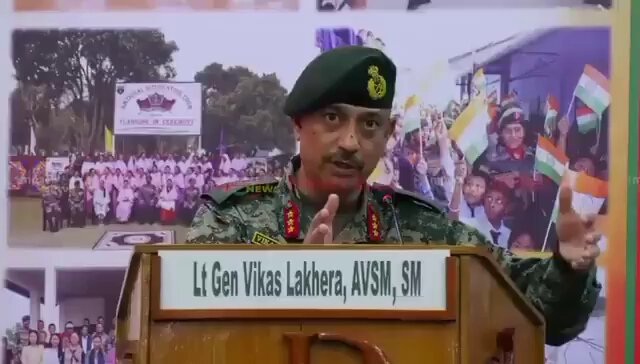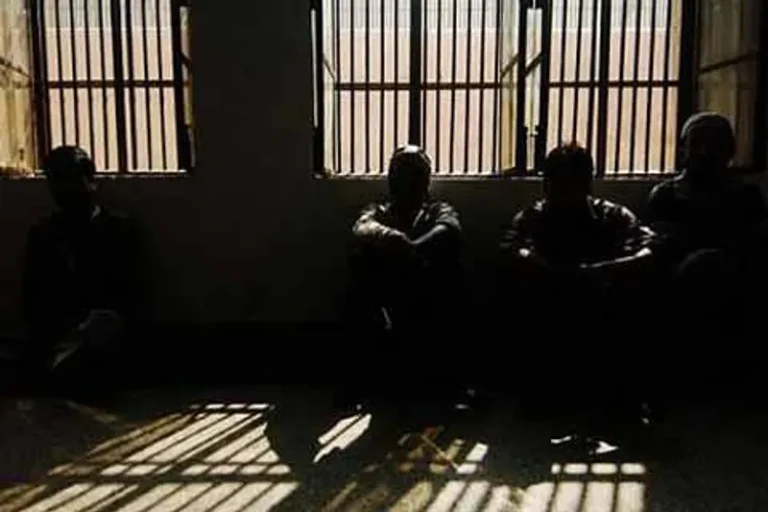COCOMI’s Call for NRC Implementation Prior to Manipur’s Delimitation: A Deep Dive
Summary of the Incident
The Coordinating Committee on Manipur Integrity (COCOMI) has recently intensified its demand for the implementation of the National Register of Citizens (NRC) in Manipur before proceeding with the state’s delimitation process. This move underscores concerns about demographic changes and the protection of indigenous populations.
Introduction
Imagine you’re living in a place where the very fabric of society is shifting beneath your feet. In Manipur, a state nestled in India’s northeastern corridor, this isn’t just a hypothetical scenario—it’s a pressing reality. The recent clamor by COCOMI to roll out the NRC before redrawing electoral boundaries has thrust these concerns into the spotlight. But what’s fueling this demand, and why now? Let’s unravel this intricate tapestry.
Understanding the NRC and Delimitation
Before we delve deeper, let’s get our bearings straight. The NRC is essentially a register documenting legitimate citizens of India, aiming to identify and address illegal immigration. Delimitation, on the other hand, is the act of redrawing the boundaries of electoral constituencies to ensure balanced representation based on population shifts. In Manipur’s context, these two processes are intertwined in a dance of demographics and politics.
COCOMI’s Stance: Safeguarding Indigenous Interests
COCOMI, a prominent civil society conglomerate in Manipur, has been vocal about the challenges posed by unchecked immigration. Their apprehension? That without a comprehensive NRC, delimitation could skew representation in favor of non-indigenous populations, diluting the political voice of native communities. In a memorandum to the state’s Governor, they emphasized the urgency of implementing the NRC to prevent further demographic exploitation.
Historical Context: The Roots of Demographic Anxiety
To truly grasp the gravity of these concerns, we need to journey back in time. Manipur, with its mosaic of ethnic groups, has always been a melting pot. However, over the decades, there’s been a palpable fear among indigenous communities about being outnumbered by migrants. This anxiety isn’t unfounded; neighboring regions have witnessed demographic shifts leading to socio-political upheavals. The NRC, in this light, is seen as a protective shield against potential marginalization.
The Delimitation Dilemma: Representation at Stake
Delimitation, while a routine administrative exercise, carries profound implications. Redrawing constituency boundaries without an updated NRC could lead to increased political representation for areas with significant migrant populations. This scenario is particularly concerning for indigenous groups who fear that their electoral influence could be diluted, leading to policies that might not align with their interests. COCOMI’s insistence on sequencing—NRC first, delimitation later—is rooted in ensuring that the foundational data reflects the genuine demographic composition.
Government’s Position: Walking a Tightrope
The Manipur government finds itself in a delicate balancing act. On one hand, there’s the constitutional obligation to conduct delimitation to reflect population changes. On the other, there’s mounting pressure from influential bodies like COCOMI to address demographic concerns first. The state assembly has previously passed resolutions urging the central government to implement the NRC, highlighting the seriousness of the issue.
Voices from the Ground: Diverse Perspectives
Engaging with locals offers a spectrum of opinions. Many indigenous residents echo COCOMI’s sentiments, emphasizing the need to protect their cultural and political space. Conversely, some argue that the NRC could lead to unintended consequences, including potential disenfranchisement of long-settled communities. This dichotomy underscores the complexity of implementing such measures in a diverse society.
Legal and Constitutional Nuances
From a legal standpoint, the implementation of the NRC and the process of delimitation are governed by distinct constitutional provisions. However, their interplay in Manipur’s context raises questions about precedence and priority. The Supreme Court’s recent directive to expedite delimitation in northeastern states adds another layer of urgency to the discourse.
Regional Implications: A Precedent for the Northeast
Manipur’s approach could set a precedent for other northeastern states grappling with similar issues. The demand for NRC isn’t isolated; neighboring states have also voiced concerns about demographic changes. How Manipur navigates this challenge could influence policy decisions across the region, making it a focal point in the broader narrative of indigenous rights and representation.
Potential Challenges: Navigating the Implementation Maze
Implementing the NRC is no small feat. Assam’s experience serves as a cautionary tale, highlighting challenges like documentation issues, potential exclusion of genuine citizens, and administrative bottlenecks. Manipur would need to tread carefully, ensuring that the process is transparent, inclusive, and just.
The Way Forward: Striking a Balance
Charting a path forward requires a nuanced approach. Engaging all stakeholders in dialogue, ensuring robust data collection, and addressing genuine concerns transparently are pivotal. Balancing the imperatives of representation with the rights of all residents will be key to fostering harmony and ensuring justice.
Conclusion
COCOMI’s demand for NRC implementation before delimitation in Manipur is emblematic of deeper concerns about identity, representation, and the future trajectory of the state. Navigating this complex landscape necessitates empathy, foresight, and an unwavering commitment to the principles of justice and equity.
FAQs
- What is the NRC and why is it important for Manipur?
The National Register of Citizens (NRC) is a document that verifies citizenship. For Manipur, having an updated and accurate NRC is vital to ensure fair political representation and protect the rights of every resident before the delimitation process begins. - Why does Cocomi demand NRC implementation before delimitation?
Cocomi believes that implementing the NRC will establish clear citizenship records, prevent political manipulation during delimitation, and safeguard minority rights by ensuring that electoral boundaries reflect accurate demographic data. - How does delimitation affect the people of Manipur?
Delimitation redraws electoral boundaries, which directly impacts political representation, resource allocation, and community influence in the democratic process. An accurate NRC is seen as essential to ensure that every vote is fairly represented. - What challenges might arise in implementing the NRC in Manipur?
Challenges include ensuring data accuracy, overcoming technological and infrastructural barriers, gaining community trust, and managing political resistance. Addressing these issues is crucial for a successful implementation. - How can technology help in the NRC process?
Technology can streamline data collection, enhance verification through biometric systems, and provide real-time updates. This digital transformation can ensure a more efficient and transparent process, benefiting both the government and the citizens.




